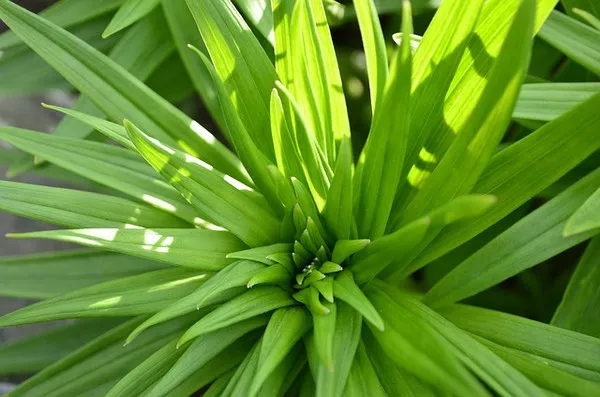Plants are not merely green adornments in our surroundings; they are the silent architects of life on Earth, playing an indispensable role in sustaining ecosystems and supporting all forms of life. From producing oxygen to providing food and habitat, the significance of plants cannot be overstated. In this article, we delve into the multifaceted reasons why we need plants and how their existence is intricately linked to the health and balance of our planet.
Oxygen Production:
One of the primary reasons why plants are essential is their role in oxygen production. Through the process of photosynthesis, plants convert carbon dioxide into oxygen, releasing it into the atmosphere. This vital exchange is the very foundation of life on Earth, as oxygen is crucial for the respiration of both plants and animals. In fact, approximately 70% of the Earth’s oxygen is generated by plants, making them the lungs of our planet. Without this life-sustaining process, the delicate equilibrium of atmospheric gases would be disrupted, impacting every living organism.
Food Source and Agriculture:
Plants serve as the cornerstone of our food supply, providing sustenance for humans and animals alike. The vast array of fruits, vegetables, grains, and legumes that make up our diets are all products of plant life. Beyond direct consumption, plants also serve as the primary source of feed for livestock. The agricultural industry heavily relies on plants for the production of crops, supporting economies and livelihoods worldwide. Thus, the importance of plants in ensuring global food security cannot be overstated.
Biodiversity and Ecosystem Stability:
Plants play a pivotal role in maintaining biodiversity and ecological balance. They provide habitats and sustenance for a myriad of organisms, from insects and birds to larger mammals. The intricate relationships formed within ecosystems contribute to the stability of these systems, preventing the unchecked proliferation of certain species and promoting overall resilience. In addition, plants act as natural filters, purifying air and water and mitigating the impact of pollutants. The presence of diverse plant species is crucial for creating robust ecosystems that can withstand environmental changes and disturbances.
Climate Regulation and Carbon Sequestration:
Plants are integral to climate regulation through their capacity to absorb carbon dioxide, a major greenhouse gas responsible for global warming. By sequestering carbon through photosynthesis, plants help mitigate the adverse effects of climate change. Forests, in particular, are formidable carbon sinks, storing vast amounts of carbon in their biomass and soil. Deforestation and the loss of plant cover contribute to increased atmospheric carbon dioxide levels, exacerbating the effects of climate change. Protecting and restoring plant-rich environments are essential strategies in the global fight against climate change.
Medicinal Value:
Beyond their ecological contributions, plants have immense value in the field of medicine. Many pharmaceuticals are derived from plant compounds, and traditional medicine systems around the world heavily rely on plant-based remedies. Plants harbor a diverse array of bioactive compounds with therapeutic properties, making them invaluable resources for the development of new drugs and treatments. The preservation of plant species is, therefore, not only crucial for ecological reasons but also for sustaining our health and well-being.
Soil Health and Nutrient Cycling:
Plants play a fundamental role in maintaining soil health and fertility. Through their root systems, plants anchor soil, preventing erosion and promoting water retention. Furthermore, plants contribute to nutrient cycling by absorbing essential minerals from the soil and releasing organic matter as they decay. This process enriches the soil, creating a conducive environment for the growth of other plant species and supporting the overall health of terrestrial ecosystems. Healthy soils, in turn, are vital for agriculture and food production.
Aesthetic and Recreational Value:
Beyond their utilitarian purposes, plants offer aesthetic and recreational value that enhances our quality of life. Parks, gardens, and natural landscapes provide spaces for relaxation, contemplation, and recreation. The beauty of flowering plants, the majesty of trees, and the diversity of plant forms contribute to the aesthetic appeal of our surroundings. The psychological and emotional benefits of connecting with nature underscore the importance of preserving plant-rich environments in urban planning and development.
See Also What Are The Types Of Non Flowering Plants
Conclusion:
In conclusion, the significance of plants goes far beyond their visual appeal. They are the architects of life, shaping the environment, sustaining ecosystems, and supporting all living organisms. From the air we breathe to the food we eat and the medicines that heal us, plants are integral to the fabric of our existence. Recognizing and safeguarding the importance of plants is not only an ecological imperative but also a fundamental step towards ensuring the well-being of present and future generations. As stewards of this planet, it is our responsibility to cherish, protect, and cultivate the rich tapestry of plant life that sustains us all.


